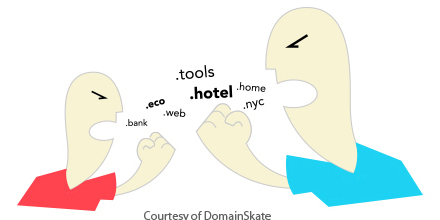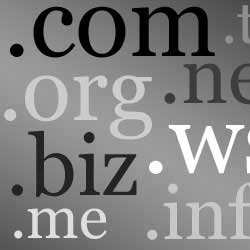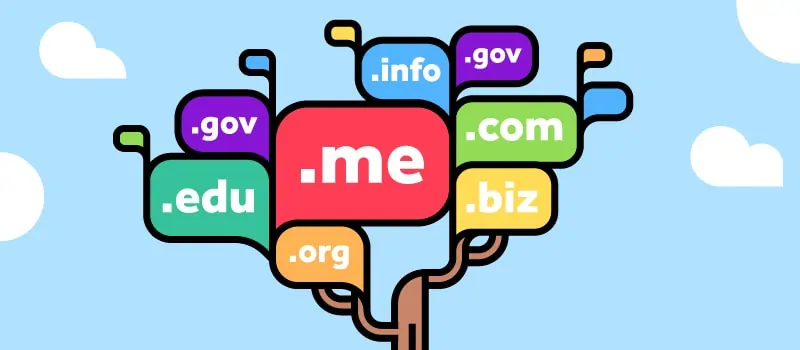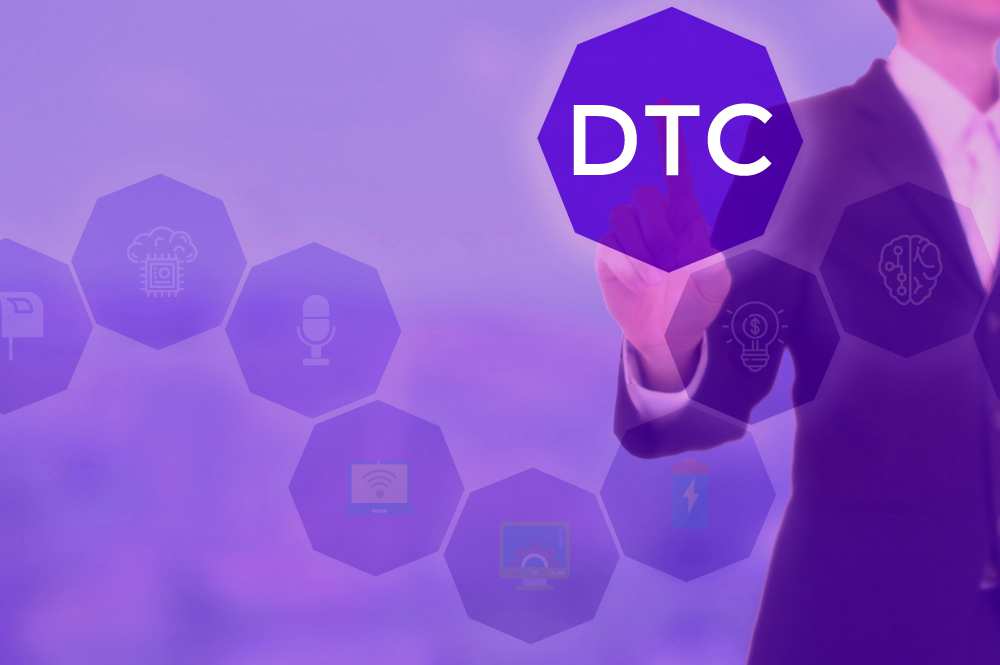New Domains, Cybersquatters and You - Steps to Protect Your Online Brand

The Internet will add as many as 1,000 new domain extensions to the right of the dot in 2014. Those joining .Com and .Net will include new extensions like .Hotel, .Company, .Cloud, .Google, .Club, .Citi and more. This represents a fundamental shift in how users will use the Internet and how everyone will access information related to all topics from travel, sports, music and movies.
The thing is, most people are entirely unaware of this. We surveyed 500 adults representative of the U.S. Internet population and more than 75 percent had no idea that this was happening.
Old habits are hard to break and right now consumers are comfortable with www.YourNameHere.com. Thus there will be tons of money spent by companies to change that habit - money that will affect branding and user behavior. To give an idea of the stakes, each domain can cost (in aggregate) more than $5 million and some of these domains have been sold at auction for millions more. One company has applied for 300-plus extensions, betting hundreds of millions of dollars on this new name space.
All this will makes the online landscape more complicated and riskier for businesses seeking to protect revenue, reputation and brand names. In 2011, there were more than 53 billion visits to fake, or rogue websites, which included scam sites; sites that take login credentials and/or credit card information; and sites that infringe on brand names. Companies with recognizable retail names like Gucci recently recovered hundreds of domains like "authenticguccihandbags.net" and "cheapguccihandbags.net" from cybersquatters selling counterfeit bags.
Many large businesses pay attorneys to protect their companies online - a big expense. Most small and mid-sized companies don't have the deep pockets to afford legal representation for online protection -- until they have a problem. We recently heard of a company (name withheld) who had their entire site copied and placed on a domain just a few letters off from theirs. The site attracted real customers and bilked the original firm out of as much as $25,000 in lost revenue per customer! Unfortunately, this scam is not uncommon and is becoming more frequent.
The Internet Corporation for Assigned Names and Numbers (ICANN), the domain name governing body, has set up a Trademark Clearinghouse (TMCH) that affords another set of rights, including that of first refusal for your exact company name when a new domain becomes available. If you have a registered trademark you can use the TMCH to stop scammers from grabbing your name in these new domains.
There are simple ways you can protect your business or trademark in this new Internet landscape. First, think about what domain extensions might be important for your business, or at least relevant. If you have a registered trademark, the TMCH is an easy way to give your company first dibs on your name before someone else can take it. Second, make sure you are regularly monitoring the new domain spaces to see who is using your business name or trademarks. Lastly, know what recourse you have if a competitor or third party does take a domain name that infringes your rights. There are faster and cheaper alternatives to lawsuits, such as through a URS (Uniform Rapid Suspension) or a UDRP (Uniform Domain Name Dispute Resolution Procedure), that are particularly useful when the dispute simply concerns ownership of a domain name.
The Internet's 2014 expansion is unprecedented. Keep an eye on the news, and watch for opportunities to add a new domain or two, all while keeping safe the online name and reputation you already possess.
David K. Mitnick is the Founder and President of DomainSkate LLC (www.domainskate.com), an Internet company that focuses on making domain name arbitration disputes quick and inexpensive. David has more than 10 years experience in intellectual property law and is also an expert in patent and copyright litigation, trademark licensing and Internet law.









